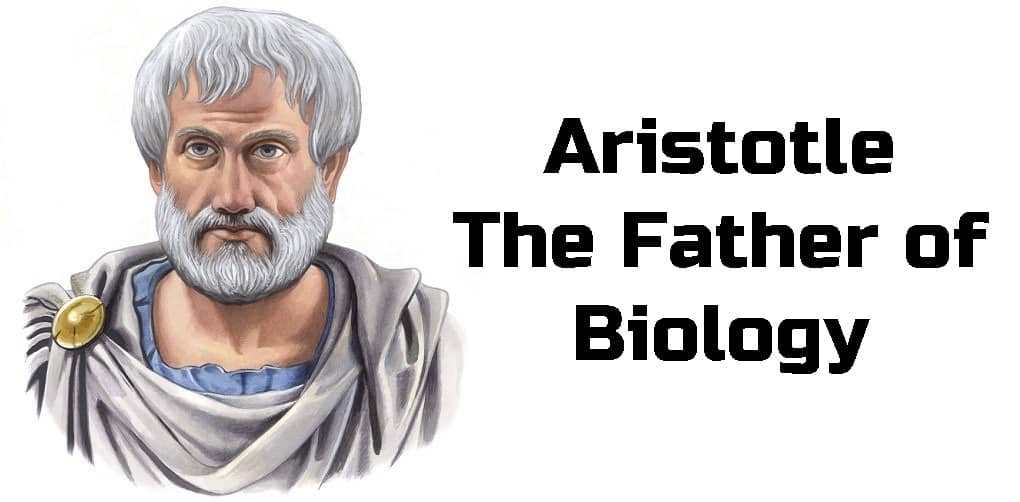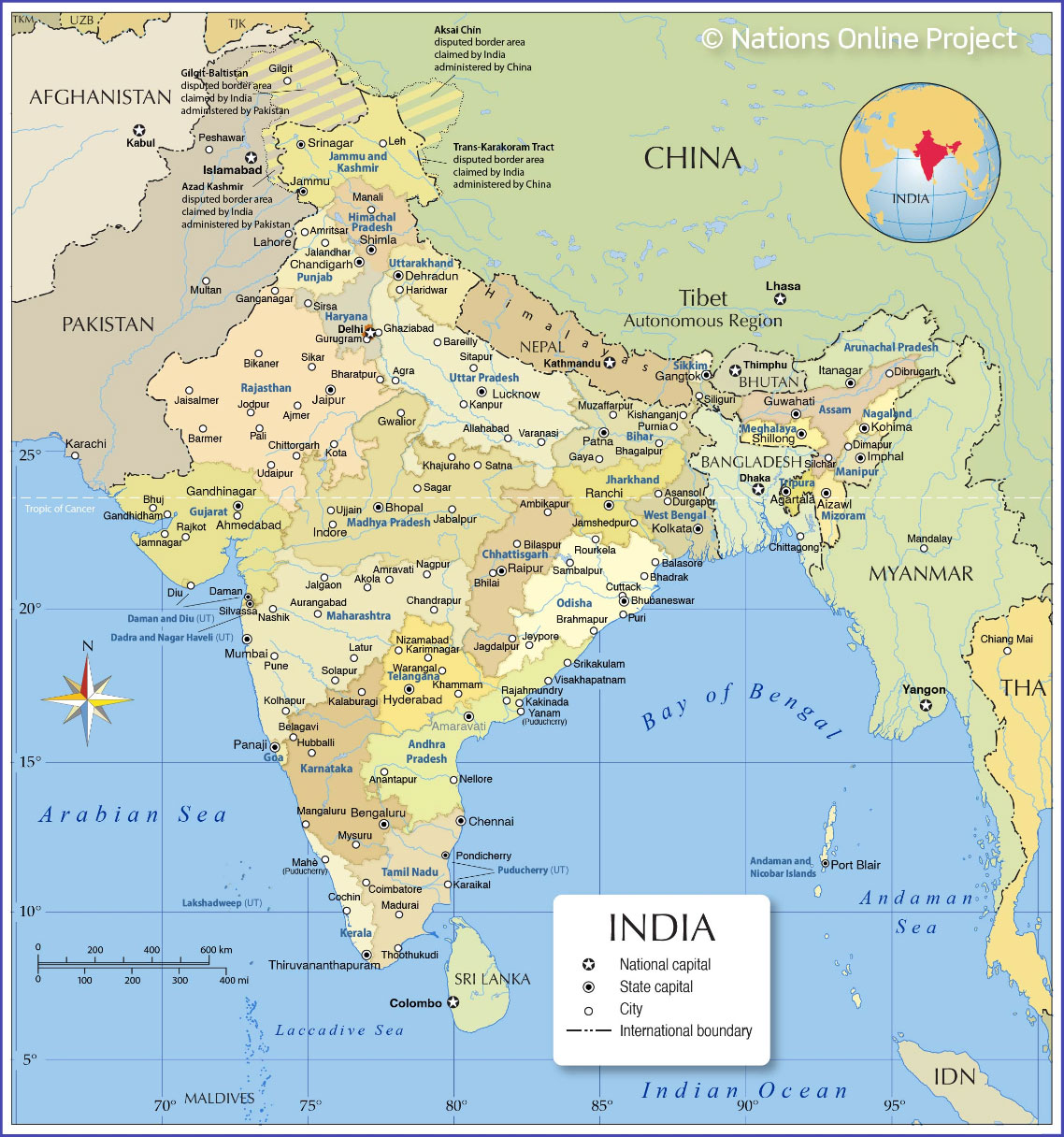Aristotle was the “father of modern biology” – which means he was one of the first humans to understand that life exists in a world full of things and organisms, not just some kind of vacuum. He was an ancient Greek philosopher who made many important contributions to science and philosophy throughout his life.
Aristotle was one of the biggest influencers in biology and all other fields of science. In this article, learn about his discoveries, how he influenced modern science, and why he is an important figure in history.
In this article, we take a look at the biography of Aristotle, the Greek philosopher and scientist who is often thought to be the father of modern biology. The article discusses Aristotles contributions to science, his relationship with Alexander the Great, and his legacy as a biologist.
Background
Aristotle is known as the father of modern biology, and he developed many of the concepts that are still used today. He was also a philosopher, and his ideas about life and the universe have had a big impact on how we think about these topics.
Aristotle was born in 384 BC in Stagira, Greece. He studied at the Lyceum in Athens, where he became interested in philosophy. After completing his education, Aristotle moved to Macedonia to tutor Alexander the Great and study military strategy. He returned to Athens in 335 BC, where he began teaching logic and other subjects at the Lyceum. In 322 BC, he left Athens for Thebes, where he became head of the Academy.
Aristotle is best known for his work on biology. In 350 BC, he published On the Nature of Animals, which explored different aspects of animal life. His other major works on biology include On Generation and Corruption (350 BC), On the Heavens (330 BC), On Dreams (300 BC), and On Life (250 BC). Aristotle’s work on biology helped to develop ideas about genetics and evolution.
Also Read: Osmtechno.Com – All About Osmtechno |Osmtechno Tech
Aristotle’s life
Aristotle was born in 384 BC in the city of Stagira, located in central Greece. He was the son of Nicomachus and Phaenarete. At the age of seventeen, Aristotle moved to Athens to study philosophy under Plato. After three years, he left Athens to study under Theophrastus in Asia Minor. In 335 BC, Aristotle returned to Athens and became a teacher at the Lyceum. He remained at the Lyceum for the rest of his life.
Aristotle’s most famous work is the Nicomachean Ethics, which is one of the first works of ethics and still considered a classic today. He also wrote on zoology, physics, astronomy, mathematics, rhetoric, poetry and politics. Aristotle’s philosophy greatly influenced later thinkers such as Plato and Augustine.
What was Aristotle’s theory?
Aristotle’s theory of biology was that all living things are composed of four elements: air, earth, fire, and water. These elements combine to create everything in the world, from plants and animals to rocks and mountains.
Aristotle’s theory is that all living things are composed of four elements: earth, water, air and fire.
Aristotle argued that life is composed of four elements: earth, water, air, and fire. He also postulated that these elements are in constant change and movement, which led him to develop the scientific theory of evolution.
Why is he considered the father of modern biology?
The answer to this question is complex and depends on a number of factors. However, one of the main reasons why Aristotle is considered the father of modern biology is because he was the first to develop a comprehensive theory of biology. Aristotle developed his theory of biology over a period of many years, and it is based on two main concepts: biology and natural law.
Biology refers to the study of life and its characteristics. Natural law refers to the laws that govern the natural world, and it can be used to explain how organisms interact with their environment. Aristotle’s theory of biology is based on these two concepts, and it explains how organisms function in their environment.
Aristotle’s theory of biology is also based on four principles: motion, change, form, and purpose. These principles are essential to his overall theory of biology, and they help explain how organisms function in their environment.
Aristotle’s theory of biology has remained relatively unchanged for centuries. However, recent developments in biotechnology have led to some modifications to his theory. For example, biologists now understand that cells are not just simple structures that function within an organism; cells are also capable of independent activity. This new knowledge has led to modifications to Aristotle’s
FAQ’s on Father of Biology?
- What is the difference between Aristotle and modern biology?
Aristotle was a Greek philosopher who is considered the father of modern biology. While he did not develop any specific theories about the natural world, his work in philosophy laid the groundwork for many of the ideas that would later be explored in biology. For example, Aristotle argued that nature is orderly and that life arises from matter in a process known as generation. Modern biologists take these ideas and explore them further, developing theories about how cells function, how evolution works, and more.
What is the difference between Aristotle and modern biologists?
Aristotle was a Greek philosopher who lived in the 4th century BC. He is best known for his work on logic, metaphysics, and natural philosophy. While some of his work on biology is still considered relevant today, it is largely overshadowed by that of other ancient Greek scientists such as Hippocrates and Galen. Modern biologists, on the other hand, are generally concerned with the study of living organisms and their genetic makeup.
Aristotle was a key figure in the development of modern biology, and his work has had a profound impact on the field. Here are some Frequently Asked Questions about his life and work:
- Who was Aristotle?
Aristotle was a Greek philosopher who lived from 384 BC to 322 BC. He is best known for his work on Plato’s Republic, logic, philosophy, biology, and zoology.
- What did Aristotle believe about the nature of biological things?
Aristotle believed that biological things were composed of matter and form. Matter was the substance out of which organisms were made, while form was the specific characteristics that made an organism what it was. For example, a human being has both body and soul. The body is made of matter (blood, muscle tissue, etc.), while the soul is made up of form (the ability to think, feel emotions, etc.).
Aristotle is widely considered to be the father of modern biology, and his work in this field has had a profound impact on understanding the natural world. Here are some Frequently Asked Questions (FAQs) about Aristotle’s contribution to biology:
- What are Aristotle’s major works in biology?
- What is the significance of Aristotle’s concept of nature?
- Why is Aristotle considered the father of modern biology?
Aristotle is considered the father of modern biology due to his work on zoology, botany, and anatomy. He was also the first to develop a theory of evolution, which proposed that species change over time. Aristotle’s teachings had a profound impact on later scientists, including Copernicus and Galileo.
Aristotle is often mentioned as the father of modern biology, but what do experts think? Read on to find out!
Who was Aristotle?
Aristotle was a Greek philosopher who is known for his work in philosophy, physics, metaphysics and biology. He has been described as the “father of modern biology” due to his contributions to the fields of zoology, botany, and pharmacology. His work in these areas has had a significant impact on the way we view life and the natural world.
Aristotle was one of the most influential thinkers in history and is considered the father of modern biology. He developed the theory of natural philosophy, which is the study of the nature of things. Aristotle also made significant contributions to medicine and physics. Many of his theories about biology remain controversial, but his work has had a profound influence on scientists for centuries. Here are some Frequently Asked Questions about Aristotle and his influence on modern biology:
What were Aristotle’s main contributions to biology?
Aristotle was one of the first thinkers to develop a comprehensive theory of natural philosophy, which is the study of the nature of things. His work in this area heavily influenced later thinkers such as Thomas Aquinas and Galileo Galilei. Some of Aristotle’s key contributions to biology include developing the theory of evolution, proposing that life is composed of four elements (earth, air, fire, and water), and arguing that organisms are composed of parts that function together to achieve a common goal. All these ideas continue to be debated today, but they have had a profound impact on scientific understanding.
How did Aristotle’s ideas about biology influence later thinkers?
Later thinkers learned a lot from Aristotle’s ideas about biology.
Also Read: How Do I Log Into Disney Plus On My TV?
FAQ’s on Father of Biology?
- What is Aristotle’s role in modern biology?
- How did Aristotle’s theories influence scientific development?
- What are some of the most significant contributions of Aristotle to biological science?
- What do some of the terms used by Aristotle mean today in biology?
Aristotle is credited with being the father of modern biology. He was a student of Plato and is best known for his work on zoology and physics. His philosophy also had a significant impact on later thinkers, such as Francis Bacon.
Aristotle was a brilliant philosopher and scientist who is credited with founding modern biology. He made important contributions to zoology, botany, and medicine. Aristotle also developed the theory of evolution, which holds that complex structures evolve from simpler ones over time. Despite his contributions to science, some people question whether Aristotle should be considered the father of modern biology. This is because he didn’t actually study biology himself.
What is Biology?
What is biology? Aristotle is considered the father of modern biology. He was one of the first to develop a scientific method and to theorize about the relationship between living organisms and their environment.
When Aristotle wrote his book “On the Soul” in 384 BC, he laid the foundations for modern biology. In this book, Aristotle describes how the body is made up of four elements- air, earth, fire, and water- and how living things move and interact with their environment. Aristotle’s work paved the way for future biologists to study the body and its functions.
Biology is the scientific study of life. It encompasses the physical, chemical and biological aspects of organisms, their origins and evolution. Biology is a complex and multi-disciplinary field, with researchers from many different backgrounds working together to understand the biology of plants, animals and viruses.
What are the Benefits of Studying Biology?
Aristotle is widely credited with being the father of modern biology, and his teachings are still cited by biologists today. Here are five notable benefits of studying biology:
- Biology gives students a comprehensive understanding of life and its origins.
- Biology helps students to develop problem-solving skills.
- Biology teaches students how to think critically and propose multiple solutions to problems.
- Biology gives students a strong foundation in scientific principles.
- Finally, biology has helped to shape the modern world, and its insights continue to be valuable today.
Also Read: The Google Pixelbook 12 Inch Laptop Review
Final Thoughts
Aristotle’s work in biology and zoology heavily influenced the development of modern science. His theories on natural selection and inheritance heavily influenced Charles Darwin, and his emphasis on the structure and function of organisms led to the modern understanding of physiology. Aristotle’s work in biology also helped lay the groundwork for the development of medical science.
Aristotle’s work in biology is responsible for the modern understanding of life and the cellular basis of life. His theory of evolution, which proposed that change over time was due to natural selection, laid the foundation for modern evolutionary theory.
Aristotle may have been the Father of modern biology, but his work is not without its detractors. In this final thought, we discuss some of the criticisms of Aristotle’s biology and offer some potential solutions.
While Aristotle’s biology is undeniably influential, it has also been criticized for its reliance on Aristotelian concepts such as matter and form. Today, many biologists argue that these concepts are insufficient to explain the complexity of life. For instance, DNA is composed of nucleotides, but what are nucleotides? According to most biologists, they are tiny pieces of genetic material. However, if nucleotides were simply small chunks of matter, how could they be held together in a specific sequence? It seems that something else must be at work here – namely, form.
Another criticism of Aristotle’s biology is that it does not take into account evolution. Today, many biologists believe that evolution is an essential part of understanding how life works. For instance, genetics is based on Darwin’s theory of evolution by natural selection. This means that Evolutionary Biology relies on observations from the fossil record and other scientific evidence to reconstruct how life has changed over time. Without a doubt, Aristotle’s works remain important for



